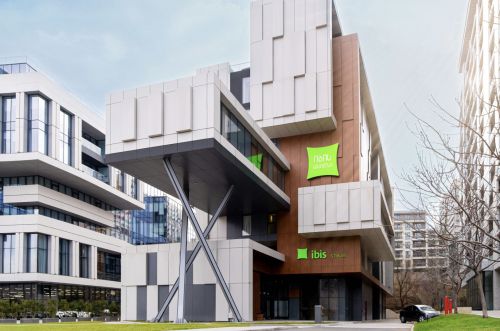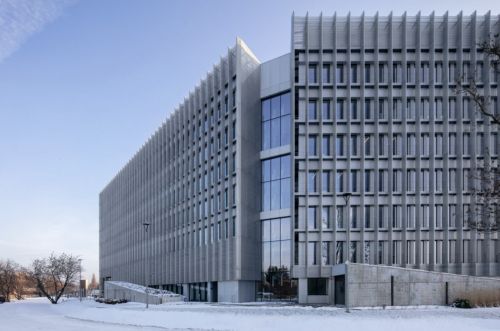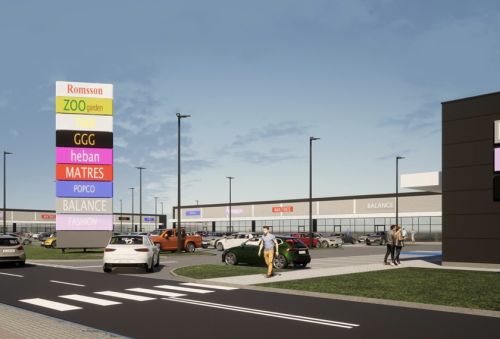The end of the year is a good time to sit down and assess the situation, trying to remain optimistic about what the next year has in store for you. The 11th Warehouse & Logistics market in Central and Eastern Europe conference was no different
Organised by Eurobuild Conferences, the event gathered a large number of the industry's players to the Intercontinental Hotel in Warsaw, the venue for the conference. What was on their minds? Is the sector now out of the woods, as vacancy rates fall in certain areas of Poland and other countries in the region?Let's look at the figures first. Cushman & Wakefield's data shows some positive signs - in Q2 vacancy rates declined in Poland, the Czech Republic and Slovakia, with Hungary being the only exception, where vacancy rose from 19.5 pct in 2010 to 21.8 pct in Q2. Poland, moreover, has been driving the change with a take-up of 941,000 sqm at the end of the first half of the year. By comparison in 2010 take-up amounted to 1.4 mln sqm. Wh




























































